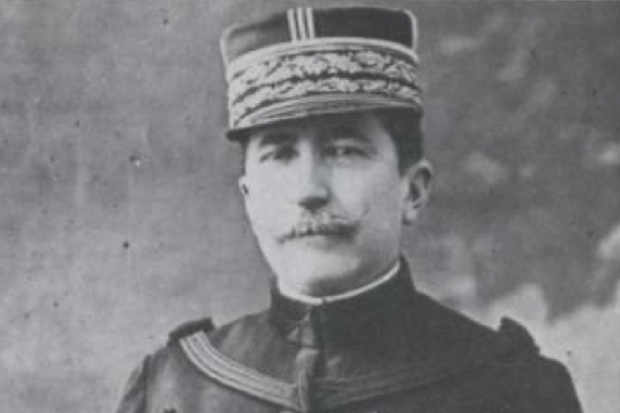The Dreyfus Affair, the furore caused by a miscarriage of justice in France in 1894, is a source of perennial interest. It raises questions of national identity, political morality and personal integrity that are still relevant today with immigration, Euroscepticism and dodgy dossiers. It is also, as Emile Zola recognised, a gripping story: ‘What a poignant drama, and what superb characters.’ Like Zola, Robert Harris has recognised the Affair’s dramatic potential and re-tells it here as the taut, first-person, present-tense narrative of the heroic Colonel Georges Picquart.
Picquart was a high-flying young officer from Alsace who acted as observer for the Minister of War, General Mercier, during the court martial held in camera of the Jewish officer, Alfred Dreyfus, charged with passing secrets to the Germans. The chief evidence against Dreyfus was the similarity of his handwriting to that on an incriminating document— the bordereau — filched from the wastepaper basket of the German military attaché by the embassy’s cleaning lady.

Get Britain's best politics newsletters
Register to get The Spectator's insight and opinion straight to your inbox. You can then read two free articles each week.
Already a subscriber? Log in






Comments
Join the debate for just £1 a month
Be part of the conversation with other Spectator readers by getting your first three months for £3.
UNLOCK ACCESS Just £1 a monthAlready a subscriber? Log in